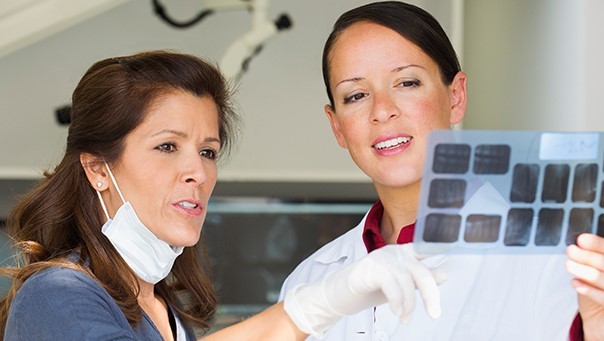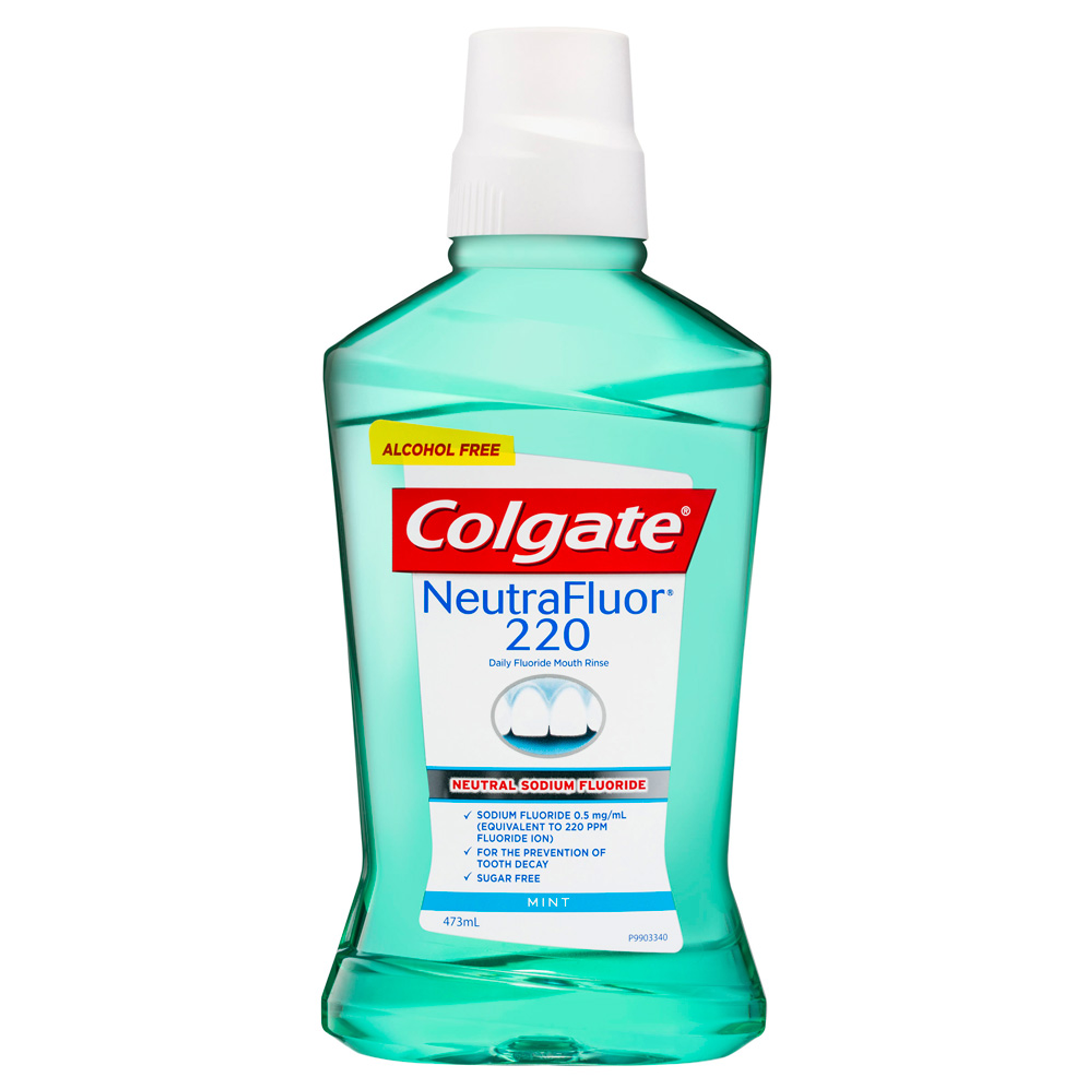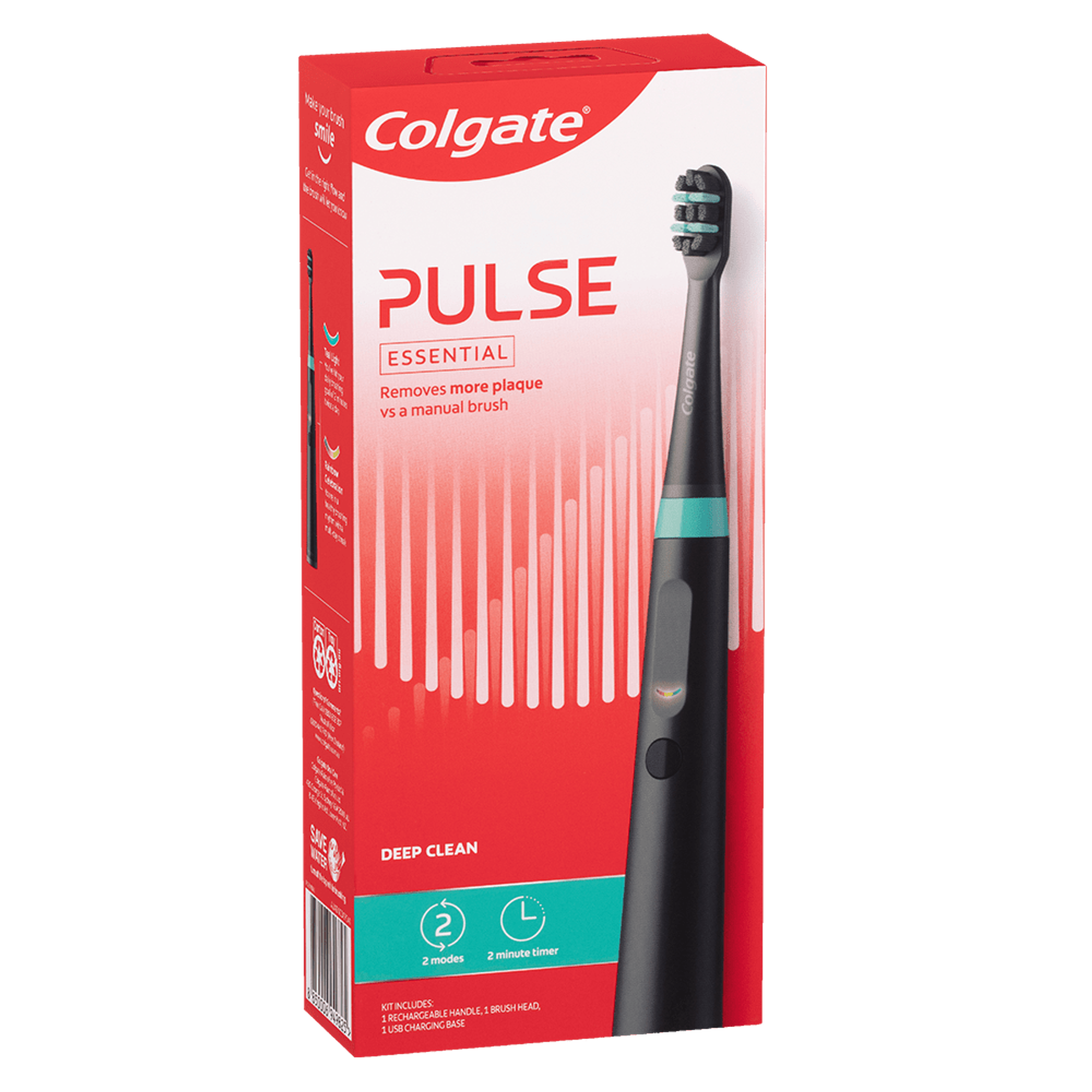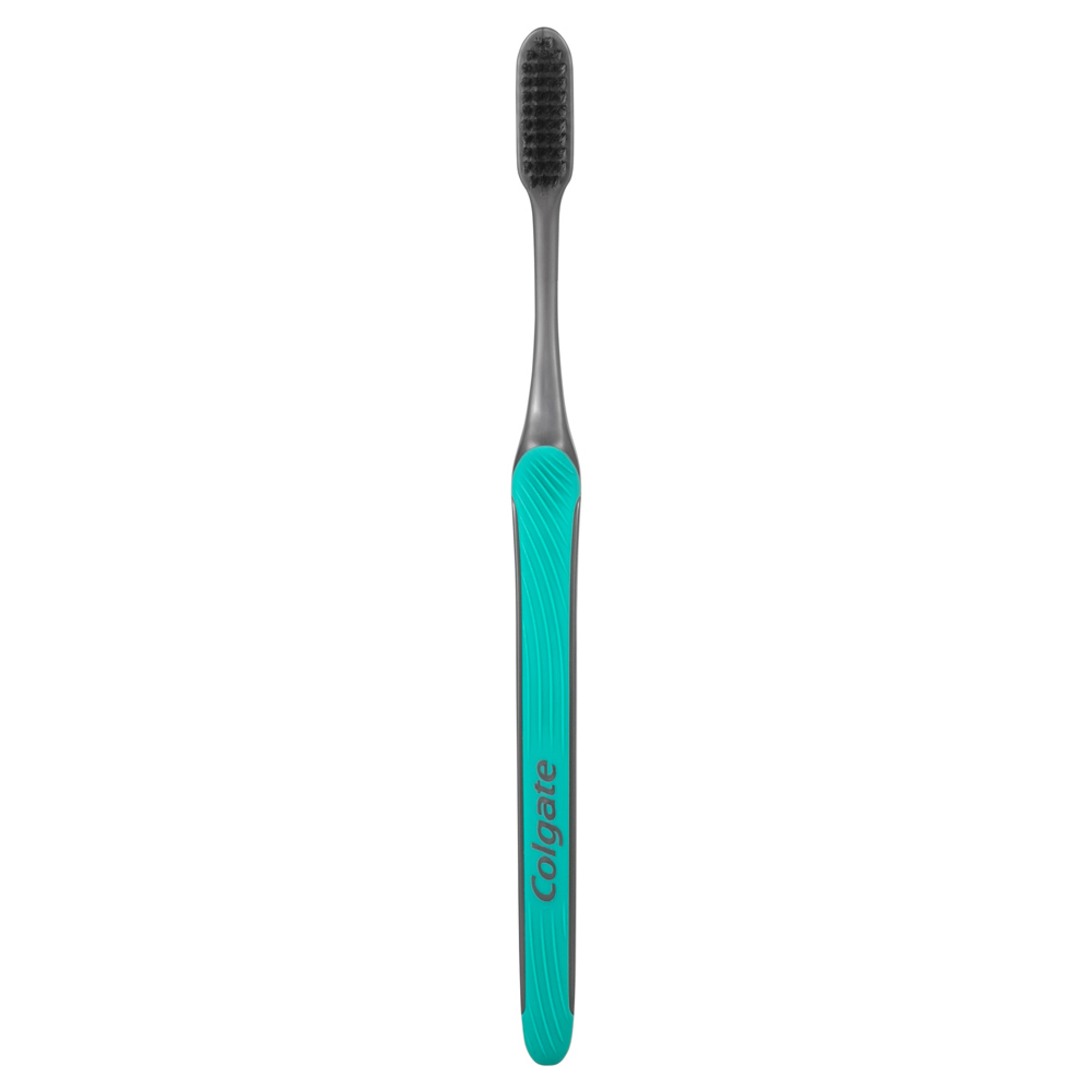Four types of toddler mouth sores
A variety of factors can cause mouth sores in toddlers. According to Better Health Channel, cold sores, oral thrush and mouth ulcers are common problems in young children. Hand, foot and mouth disease (HFMD), as well as run-of-the-mill mouth injuries, can also cause sores. Here’s a breakdown of the four types:
- Aphthous ulcers, are recurrent round ulcers that develop on the mouth’s soft tissue. They are usually white/grey at the centre with a red inflamed edge. Aphthous ulcers are painful and disturb eating and sleeping, but they aren’t contagious. According to healthdirect, aphthous ulcers usually only last a couple of weeks.
- Cold sores are contagious and after the first infection, appear as fluid-filled blisters at the site of infection, which is usually on the lips. At the first outbreak, your tot may have multiple small mouth ulcers and also have a fever and appear lethargic and in pain.
- Hand, foot and mouth disease typically presents as blisters inside the mouth and on the palms of the hands and soles of the feet. Other HFMD symptoms include fever and a lack of energy.
- Most mouth injuries and burns initially appear red, then they turn white until they are healed, usually within 2 weeks.
Why toddlers get mouth sores
Unfortunately, toddlers are just as susceptible to mouth sores as adults. Aphthous ulcers have a familial tendency and the cause of ulceration is uncertain but could relate to immune deficiency, minor injury or allergy amongst other things.
Cold sores are a form of herpes simplex virus type 1(HSV-1), a highly contagious virus transmitted through contact. In children, the initial transmission of cold sores is usually through an adult. Therefore, as hard as it may be to avoid kissing your little one, if you have a cold sore, you need to be very careful about contact with the child. Be sure to wash your hands often if you have an outbreak and don’t test things with your mouth if the sore is on your lip.
Similarly, HFMD is also a viral infection – usually caused by coxsackievirus. Most commonly seen in children, HFMD is a minor ailment that should subside within a week. According to SA Health, coughing and sneezing, or direct contact with bodily fluids, contaminated surfaces, objects or faecal matter are all ways of transmitting the virus.
Since cold sores and HFMD are incredibly contagious, you should be very careful to avoid direct contact with anyone who has active blisters or ulcers.
Injuries to the mouth can easily occur through normal (or seemingly mild) toddler activities. For example, even brushing teeth too vigorously can cause damage. A burn to the mouth may be another way of causing injury if, for example, your toddler can’t wait to dive into that plate of hot pasta.
When to call a doctor
Australian parenting website Raising Children Network advises that you should see a doctor immediately if your child develops severe mouth ulcers along with other symptoms of general illness. These symptoms include unexplained fevers, weight loss, stomach pain, blood or mucus in their faeces (poo), neck stiffness and tiredness or ulcers around the anus. Inflammatory bowel disease or coeliac disease can sometimes cause mouth ulcers, so you must rule these conditions out by having your tot assessed.
When to see your dental professional
If you suspect your toddler has aphthous ulcers, or a mouth injury or infection related to dental trauma or teething, book an appointment to see your dental professional. He or she will be able to carefully assess your tot’s mouth and give you the most appropriate advice.
This article is intended to promote understanding of and knowledge about general oral health topics. It is not intended to be a substitute for professional advice, diagnosis or treatment. Always seek the advice of your dentist or other qualified healthcare provider with any questions you may have regarding a medical condition or treatment.














